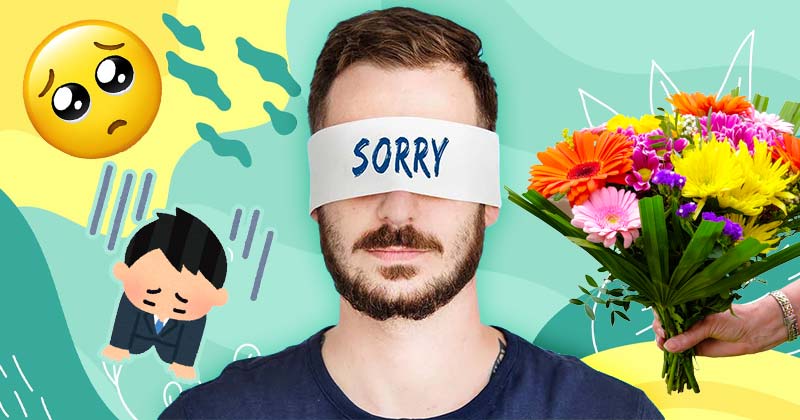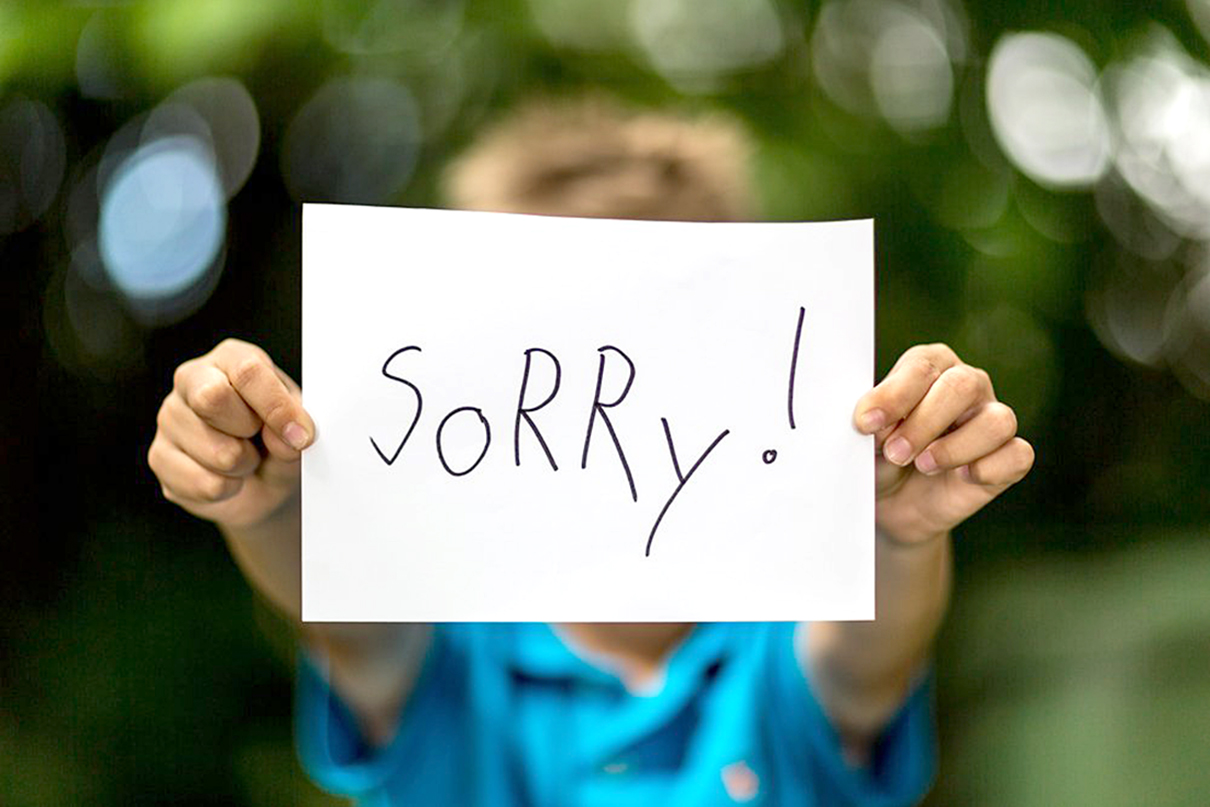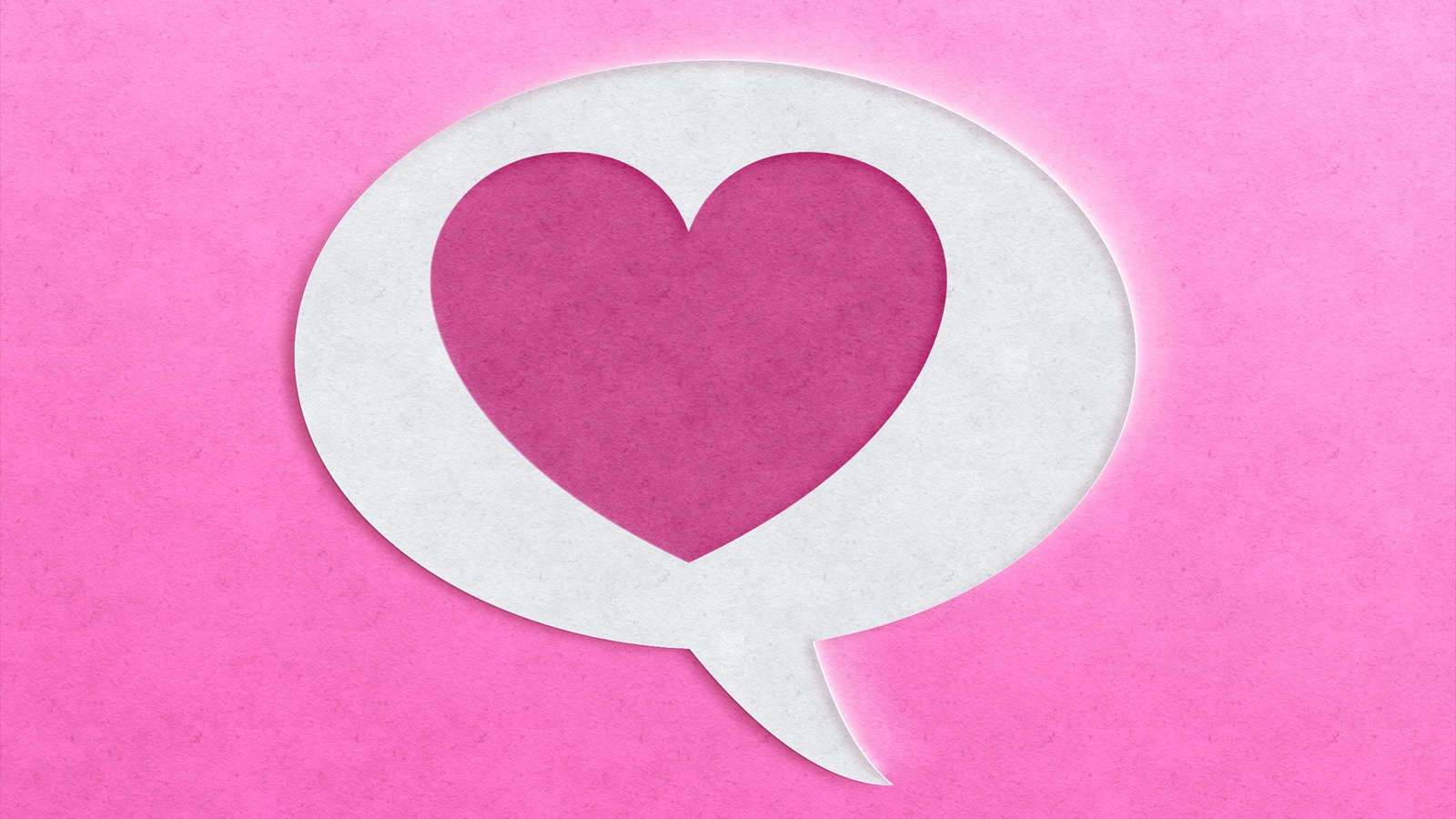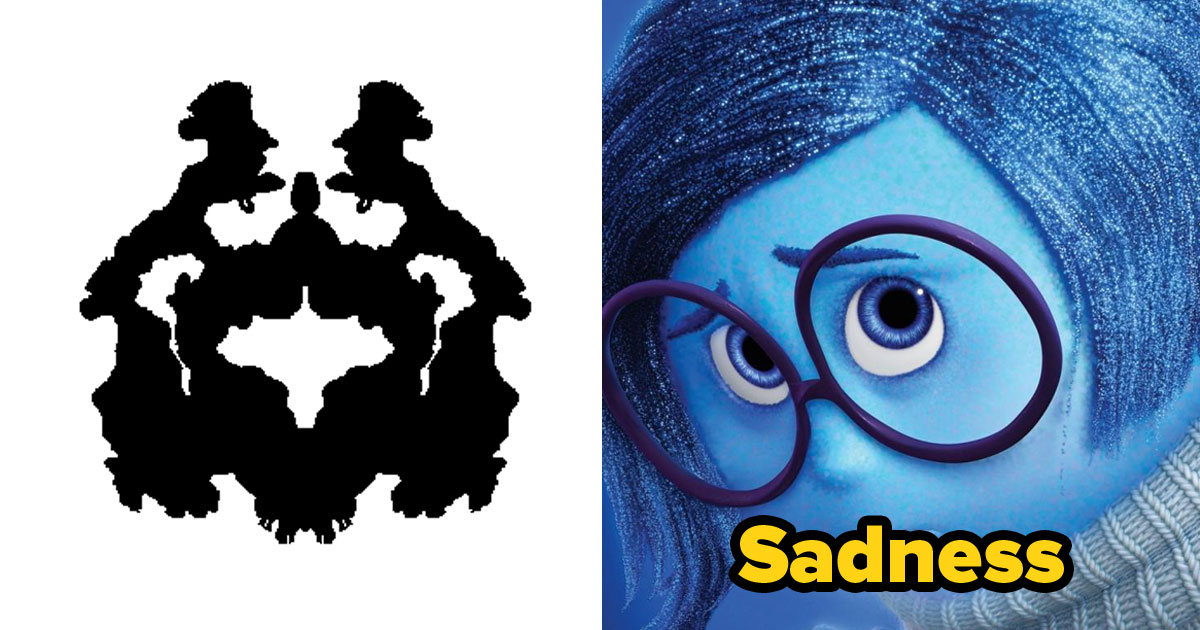
Apology Language Quiz
Have you ever wondered why some apologies resonate deeply with you while others seem insincere or fall flat? Understanding your apology language can shed light on how you prefer to give and receive apologies in your relationships.
In this apology language quiz, we'll explore the five apology languages and help you uncover which one speaks to you the most.
Why Apology Languages Matter
Apologies are an essential part of human interaction. They serve as bridges to mend relationships and restore trust when conflicts arise. However, not all apologies are created equal. Just as individuals have different love languages that express affection and care, they also have unique preferences when it comes to apologies.
Understanding your apology language can provide valuable insights into your communication style within relationships.
The Five Apology Languages
Similar to love languages, apology languages reflect the ways in which individuals prefer to give and receive apologies.
Each apology language represents a distinct approach to expressing remorse and seeking forgiveness. By understanding these languages, you can improve communication and strengthen your relationships.
- Expressing Regret: This apology language involves expressing sincere remorse and acknowledging the hurt caused to the other person. People who value expressing regret appreciate heartfelt apologies that validate their feelings.
- Accepting Responsibility: In this apology language, individuals prioritize taking ownership of their actions and admitting fault without making excuses. They value honesty and accountability in apologies.
- Making Restitution: Those who resonate with this apology language believe in making amends and taking actions to make things right or compensate for the harm caused. They prefer apologies accompanied by tangible gestures of restitution.
- Genuinely Repenting: This apology language focuses on demonstrating a commitment to change behavior and avoid repeating the same mistakes. People who value genuine repentance seek apologies that reflect a sincere desire for personal growth.
- Requesting Forgiveness: In this apology language, individuals emphasize directly asking for forgiveness and seeking reconciliation with the other person. They appreciate apologies that address the need for closure and healing in relationships.
How the Quiz Works
Understanding your apology language requires a level of self-awareness to recognize your own emotional needs and preferences in interpersonal communication.
In this quiz, you'll answer a series of questions designed to uncover your apology language. Each question presents different scenarios and response options, allowing you to reflect on your preferences when it comes to giving and receiving apologies.
What Is Your Apology Language?
Are you ready to uncover your apology language? Dive into the quiz and explore the various ways in which you approach apologies in your relationships. Whether you prioritize expressing regret, accepting responsibility, making restitution, genuinely repenting, or requesting forgiveness, this quiz will provide insights into your apology style. Let's get started!
Enjoy Quizly? Upgrade to Premium for an ad-free experience and exclusive features.
Get PremiumApology Language Quiz Questions
How do you usually apologize when you realize you've made a mistake?

I express sincere regret and ask for forgiveness.
I listen to their feelings and offer support and understanding.
I admit my fault and take full responsibility.
I try to make it up to the person with a meaningful gesture.
None of these
I promise to change my behavior and not repeat the mistake.
What's your primary motivation for apologizing when you've wronged someone?

None of these
To seek forgiveness and reconcile with the other person.
To express genuine remorse and seek forgiveness.
To show that I'm committed to repairing the damage and restoring trust.
To demonstrate my willingness to change and grow from the experience.
To take responsibility for my actions and make things right.
"I understand how my actions hurt you, and I'm here to support you."
"Can you possibly forgive me?"
None of these
"I'm genuinely sorry for the pain I've caused, and I'm committed to making changes."
"I take full responsibility for what happened and I'm sorry."
"I understand why you're upset. What can I do to make things right?"
How do you handle criticism?

I use it as an opportunity for self-improvement and growth.
I take it seriously and make necessary changes.
I appreciate constructive criticism as a means to better myself.
None of these
I listen attentively and try to learn from it.
I reflect on it and consider different perspectives.
You forgot your anniversary and your partner is upset. What's your immediate response?

Express heartfelt regret and ask for forgiveness
Admit your mistake and take responsibility for forgetting
None of these
Apologize sincerely and plan a special celebration to make it up
Listen to their feelings and offer emotional support
Promise to be more attentive and remember important dates
"I take full responsibility for my actions."
"I'm committed to changing my behavior and not repeating the same mistake."
None of these
"I want to make it right and do whatever it takes to fix this."
"I'm truly sorry for what I've done."
How important is it for you to receive an apology when someone has wronged you?

Not important at all. Apologies are not necessary to me.
Somewhat important. I appreciate empathy and understanding.
Very important. I need acknowledgment and closure.
Quite important. I expect them to make amends.
Essential. I want them to take responsibility for their actions.
Important. I need to see genuine efforts to change.
What role does forgiveness play in your relationships?

It's a fundamental aspect of resolving conflicts and maintaining harmony.
It's a sign of maturity and strength.
It's essential for healing and reconciliation.
It's necessary for rebuilding trust and moving forward.
It's a way to foster growth and deepen connections.
None of these
"I value your feelings, and I'll do my best to make amends."
"I promise to learn from this and do better in the future."
"I ask for your forgiveness and hope we can move forward together."
None of these
"I know I messed up, and I'm willing to face the consequences."
Which statement resonates with you the most when it comes to forgiveness?

None of these
Forgiveness means letting go of the past and embracing the future.
Forgiveness is a choice that leads to healing and empowerment.
Forgiveness is the key to inner peace and freedom.
Forgiveness doesn't excuse their behavior; it prevents their behavior from destroying your heart.
Forgiveness is a gift you give yourself.
What is your love language? (Tip: Take the love language test to find out.)

Physical touch
Acts of service
Quality time
Words of affirmation
Receiving gifts
None of these
Which statement resonates with you the most?

None of these
It's the thought that counts.
Two wrongs don't make a right.
Actions speak louder than words.
Honesty is the best policy.
Forgive and forget.
Which of the following can totally ruin an apology for you?

When the apology lacks empathy and understanding.
When the apology feels insincere or forced.
When there's no genuine commitment to change behavior.
When there are no actions to back up the words of apology.
When the person blames you or someone else at the same time.
None of these
Acknowledge their mistake and take responsibility.
Are truly sorry for what they've done.
Want to make it up to me with actions, not just words.
Are committed to changing their behavior in the future.
Directly ask for my forgiveness.
None of these
How do you usually feel after receiving a heartfelt apology?

None of these
Respected and acknowledged
Encouraged and hopeful for positive change
Appreciated and valued
Forgiving and ready to move forward
Validated and understood
What's the most important aspect of an apology for you?

Taking full responsibility for one's actions
Showing empathy and understanding towards the hurt party
Making tangible efforts to make amends
Demonstrating a genuine commitment to change
Expressing sincere remorse and regret
None of these
You're almost done! What's your usual coping mechanism?

Engaging in a creative outlet or hobby
Reflecting and introspecting on my thoughts and feelings
Taking action to solve the problem or distract myself
None of these
Talking it out with someone I trust
Seeking physical comfort from loved ones
You realize you've hurt your friend's feelings. What's your immediate reaction?

None of these
Take responsibility and admit fault
Apologize profusely and express sincere regret
Promise to change your behavior in the future
Offer to make it up to them with a thoughtful gesture
Listen attentively to their feelings and offer support







7 Comments
I got Accepting Responsibility
You got: Expressing Regret!
Got: expressing regret. Makes sense <3 (answering during an essay for all district schools..)
Expressing regret
Expressing Regret!
Same and It’s true
You believe in the power of forgiveness to heal and strengthen relationships. When you apologize, you directly ask for forgiveness, seeking reconciliation and closure. Your openness and vulnerability create an atmosphere of honesty and trust, fostering deeper connections with others. You understand that forgiveness is a mutual process that requires humility and empathy. Your willingness to seek forgiveness demonstrates your commitment to repairing relationships and building a more harmonious future together.
Umm sure I guess 😐